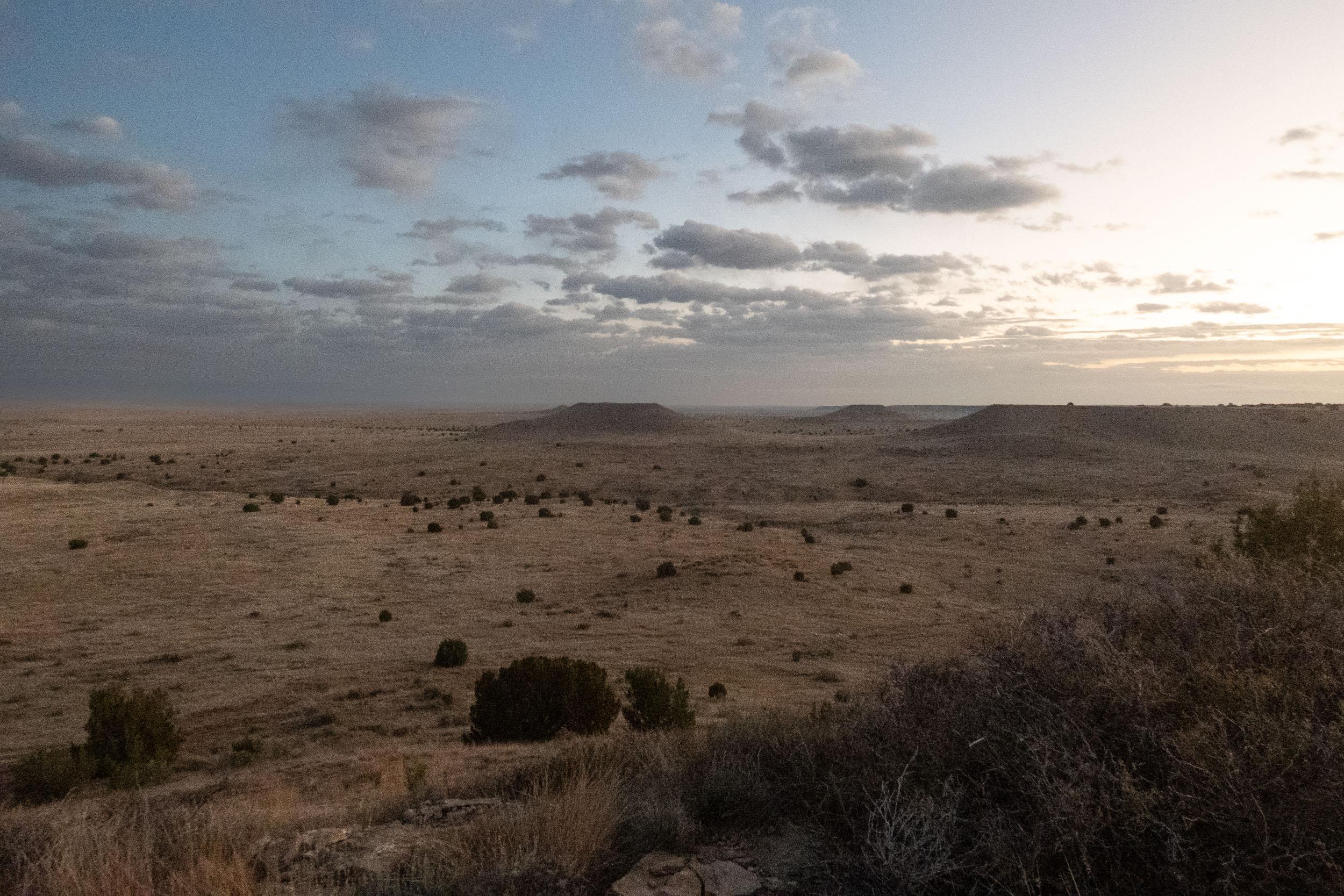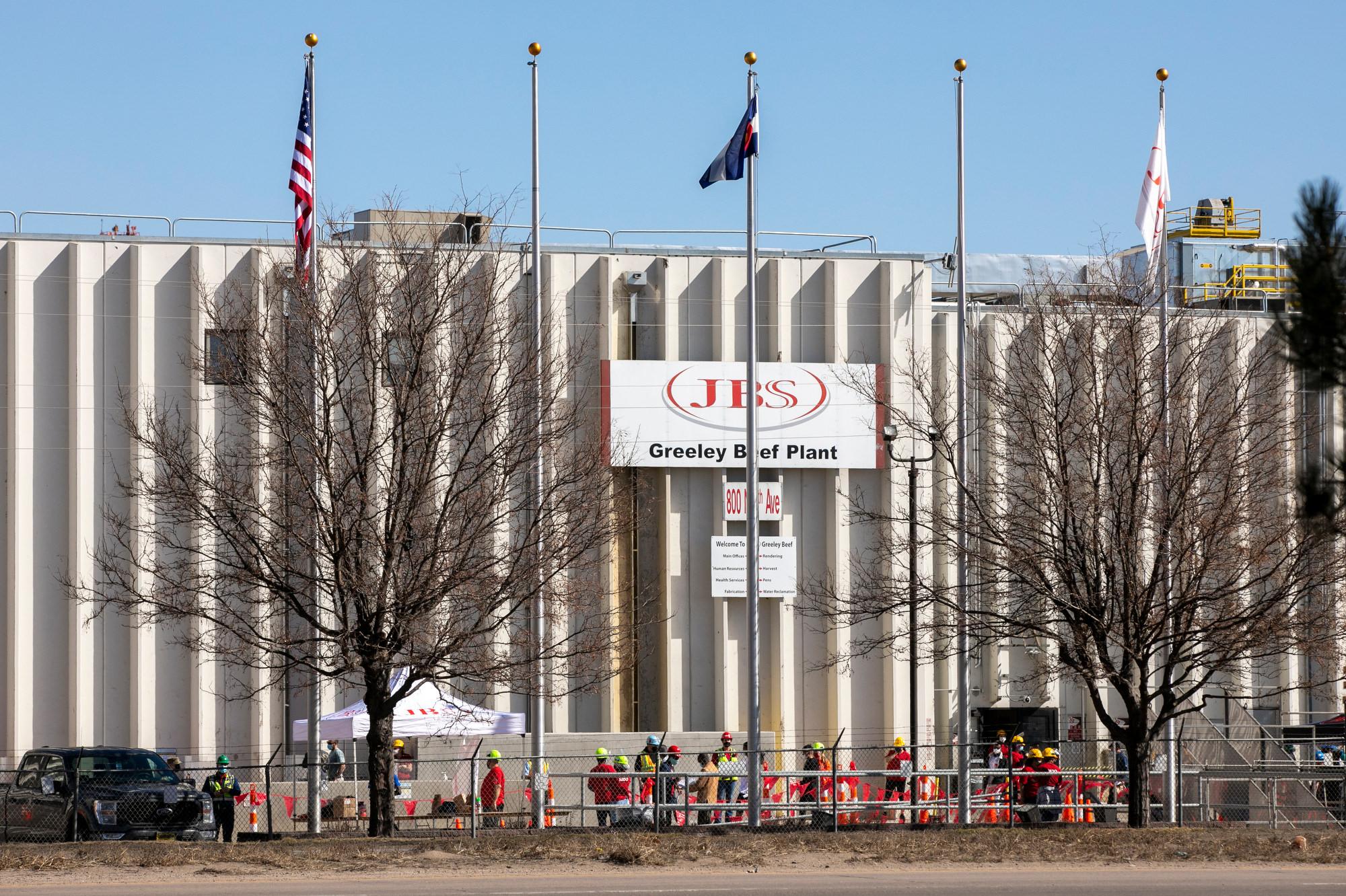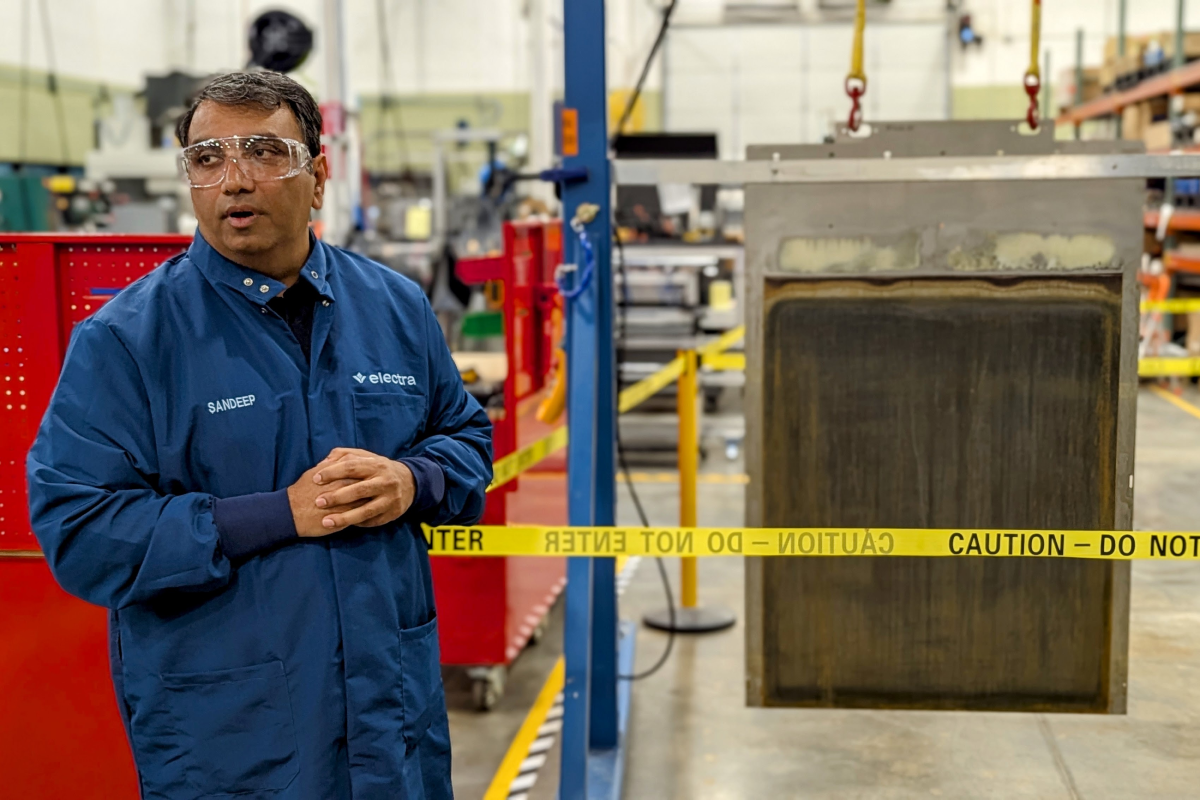
It’s been centuries since humanity invented the fiery first step behind almost all steelmaking.
The work begins by loading iron ore and processed coal into a blast furnace. Combustion heats the ingredients to temperatures near 1,600 degrees Celsius, creating the molten iron necessary to produce steel, the ubiquitous modern metal found in everything from skyscrapers to automobiles.
An unfortunate byproduct is a massive amount of climate-warming gas. Iron smelting, in fact, is the main reason steelmaking accounts for between 7 and 9 percent of humanity’s carbon dioxide emissions — more than the climate impact released by the entire European Union.
Electra, a Boulder-based startup, claims it has developed a potential fix. The company uses a combination of electricity and chemistry to purify iron, which it hopes could reduce the climate footprint of steel production by more than 30 percent.
“Our mission is to reinvent ironmaking from the ground up,” said co-founder and CEO Sandeep Nijhawan. “When you think about the really critical challenges in the energy transition, the solutions actually lie at our feet.”
A plan for a new Iron Age
To prove its method can work at scale, Electra plans to build a demonstration plant at an undisclosed location in Jefferson County by early 2026. The company recently completed a $186 million funding round to help build the facility, and it's now getting additional public support for the project.
On Tuesday, the Colorado Energy Office announced the company would receive an $8 million tax credit through a new program to support clean manufacturing. Electra is the first company to receive the incentive, which the state established to help industrial facilities pursue projects to cut greenhouse gas emissions.
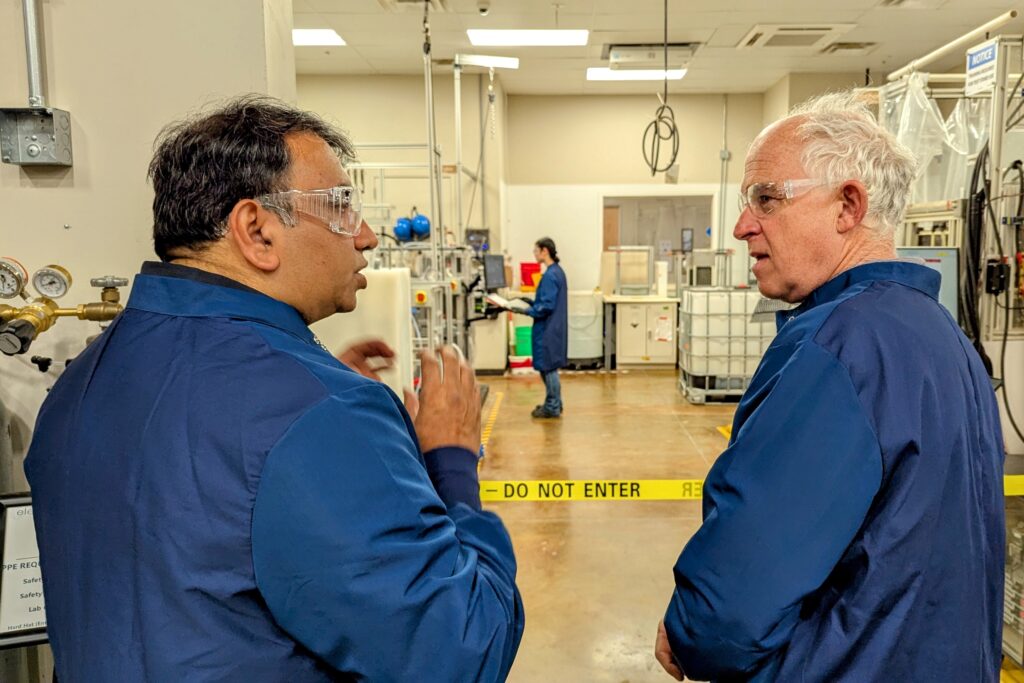
Will Toor, the executive director of the Colorado Energy Office, visited Electra’s offices in Boulder to announce the reward earlier this week. In the staff kitchen, he told the company’s staff a technology to decarbonize the steel industry “could be the single largest impact that the state of Colorado has on climate change.”
Electra has refined the process since its founding in 2020. At its headquarters in Boulder, the company operates two pilot plants to purify crushed iron ore. Technicians start by mixing the rust-colored powder into acid, then use electricity to deposit the purified metal onto steel plates the size of a basketball backboard. One hangs at the facility like a piece of industrial modern art.
Once iron has accumulated on the plate, Nijhawan says a little flexing causes it to pop off, ready for future customers. Electra investors include Nucor and Yamato Kogyo, major steelmakers looking for new sources of green iron to supply their operations. Other investors include Breakthrough Energy Ventures, a climate-minded investment firm founded by Bill Gates.
A cooler type of iron smelting
A similar process is already used to purify metals like copper, nickel and zinc.
Nijhawan says applying the same technique to iron has a big advantage: cooler temperatures. The entire process works with solutions no hotter than a cup of coffee. As a result, it can take advantage of renewables like wind and solar energy, which fluctuate based on the weather and time of day.
Another potential advantage of the process is its ability to scale. Unlike massive blast furnaces, the future systems offered by Electra could fit together like building blocks, allowing the company to size its operations to match customer demand. A similar approach has helped contribute to the success of other modular technologies like solar panels and batteries.
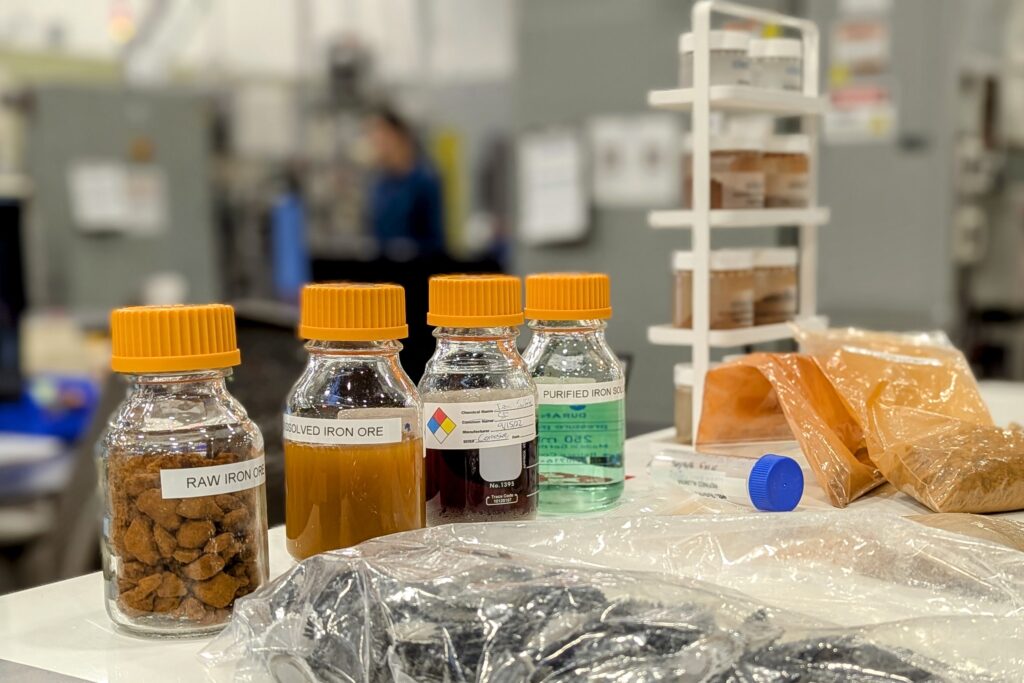
It’s unlikely, however, that the technology could make Boulder or Golden into steel towns. Nijhawan said there’s a reason U.S. steelmaking historically centered around the Rust Belt: The region has easy access to iron ore around the Great Lakes and global shipping corridors through the Mississippi Basin.
Once Electra finishes developing its methods, he expects those benefits would lead the company to build a commercial facility in the same area. He nevertheless expects the company would continue to operate out of Colorado, where it already employs about 130 people.
“We are aspiring to be a global company that will be headquartered in Colorado,” Nijhawan said.
Funding for public media is at stake. Stand up and support what you value today.

